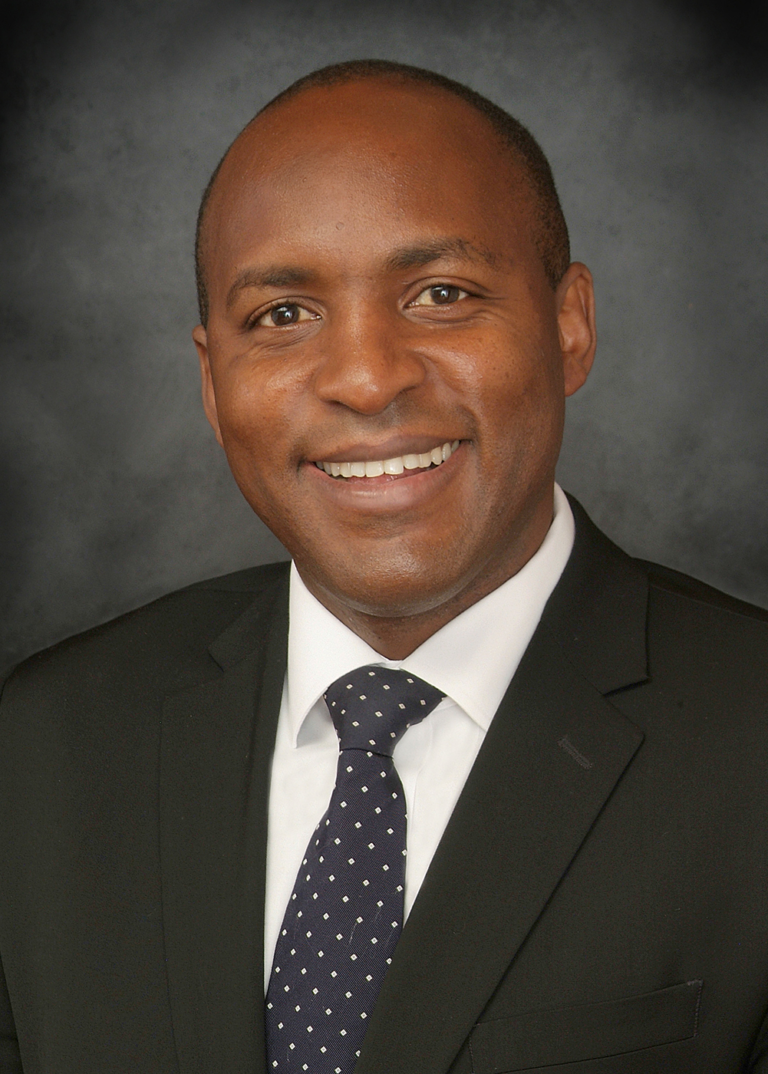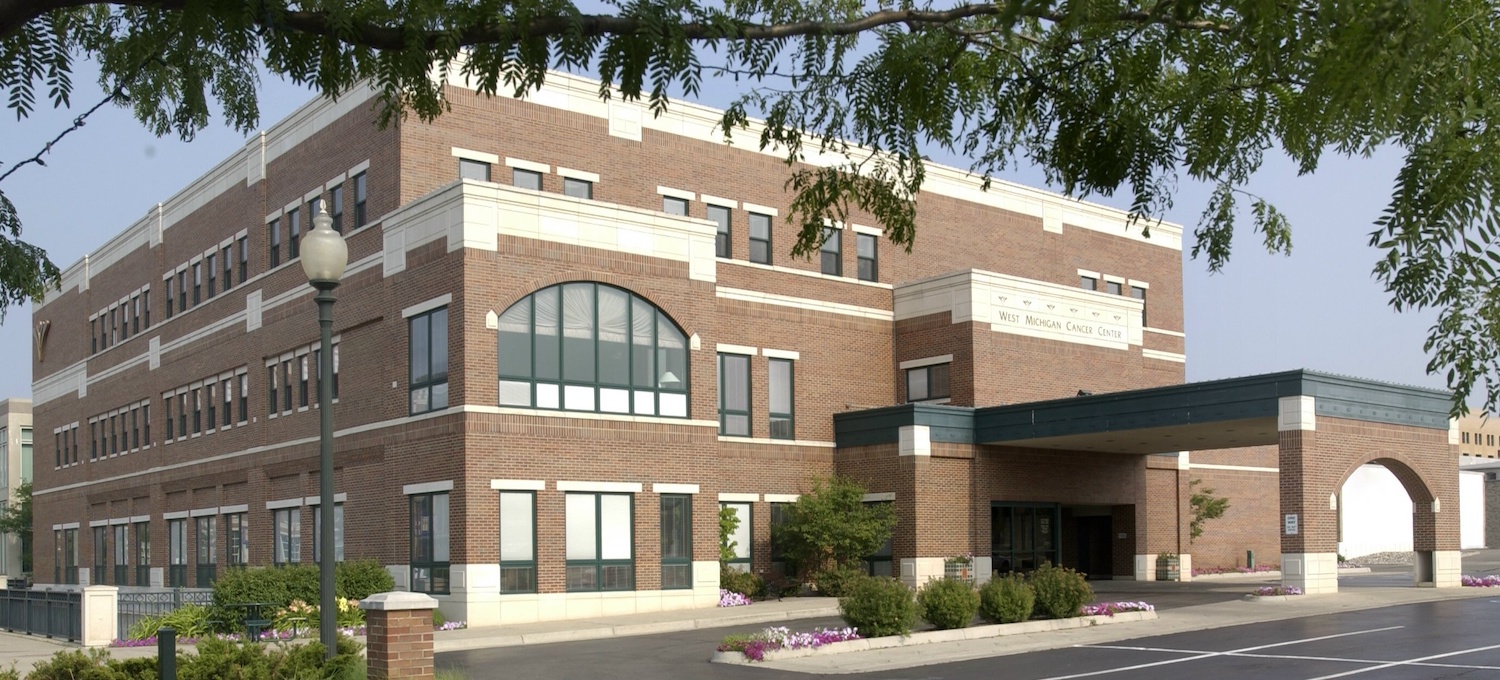ABOUT OUR HIGH RISK PANCREATIC CANCER CLINIC
- Informing individuals about the potential benefits and limitations of pancreatic cancer screening
- Keeping patients informed about the latest surveillance tools and updated data in the field
- Educating patients on any changes to surveillance guidelines
The clinic is led by Gitonga Munene, MD., a board certified surgical oncologist with extensive experience in hepatobiliary and pancreatic surgery.
FREQUENTLY ASKED QUESTIONS
- What is pancreatic cancer surveillance?
- Who should undergo pancreatic cancer surveillance?
- How is pancreatic cancer surveillance conducted?
- At what age does pancreatic cancer surveillance begin?
Pancreatic cancer surveillance involves closely monitoring individuals who have a higher risk of developing this type of cancer. This surveillance aims to detect any signs of cancer at an early stage through regular imaging tests focusing on the pancreas. Early detection allows for treatment that is more effective and can lead to improved outcomes, as pancreatic cancer is often diagnosed in later stages when symptoms become apparent.
Pancreatic cancer surveillance is not recommended for the general population due to the low average risk of developing this cancer. However, individuals with certain risk factors, such as personal or family history, genetic conditions, or a combination of factors, may benefit from surveillance.
National guidelines recommend pancreatic cancer surveillance for people who fall in any of these categories:
- People with an increased risk due to certain genetic conditions including:
- Peutz-Jeghers syndrome (with mutations in STK11 gene)
- CDKN2A mutations
- People with an increased risk due to a combination of genetic factors and family history:
- People with Lynch syndrome (mutations in MLH1, MSH2, MSH6 genes) AND a family history of exocrine pancreatic cancer in at least one close relative.
- People with Li-Fraumeni syndrome (mutations in TP53 gene) AND a family history of exocrine pancreatic cancer in at least one close relative.
- People with hereditary breast and ovarian cancer syndrome (mutations in BRCA1/BRCA2 genes) AND a family history of exocrine pancreatic cancer in at least one close relative.
- People with ATM mutations AND a family history of exocrine pancreatic cancer in at least one close relative.
- People with PALB2 mutations AND a family history of exocrine pancreatic cancer in at least one close relative.
- People with an increased risk due to family history:
- At least one first-degree relative (parent, sibling, or child) with a history of exocrine pancreatic cancer AND that relative also has a first-degree relative with a history of exocrine pancreatic cancer.
- At least one first-degree relative (parent, sibling, or child) with a history of exocrine pancreatic cancer AND that relative also has a first-degree relative with a history of exocrine pancreatic cancer.
- People with hereditary pancreatitis (mutations in PRSS1, CFTR, SPINK1, CPA1, CTRC) AND a personal history of pancreatitis.
Note: Close relatives include parents, siblings, children, grandparents, aunts, uncles, nieces, and nephews.
Current national and international guidelines recommend individuals undergoing pancreatic cancer surveillance to receive yearly imaging using MRI/magnetic retrograde cholangiopancreatography (MRCP) and/or endoscopic ultrasound (EUS). This surveillance should be performed at experienced, high-volume centers, preferably under research conditions.
The age to initiate pancreatic cancer surveillance depends on the category an individual falls into:
- Category 1: Surveillance begins at age 40.
- Categories 2 and 3: Surveillance begins at age 45-50.
For individuals with a family member diagnosed with pancreatic cancer at a young age, surveillance starts ten years before the age of their relative’s diagnosis.
- Category 4: Surveillance begins at age 40 or twenty years after the first experience with pancreatitis, whichever is earliest.
If you are uncertain whether you should undergo pancreatic cancer surveillance, please feel free to contact us at 269-382-2500 for further assistance.

Regular Business Hours:
Monday – Friday
8:00 am to 5:00 pm
To request a new patient consultation, call us at:
269.373.7450



